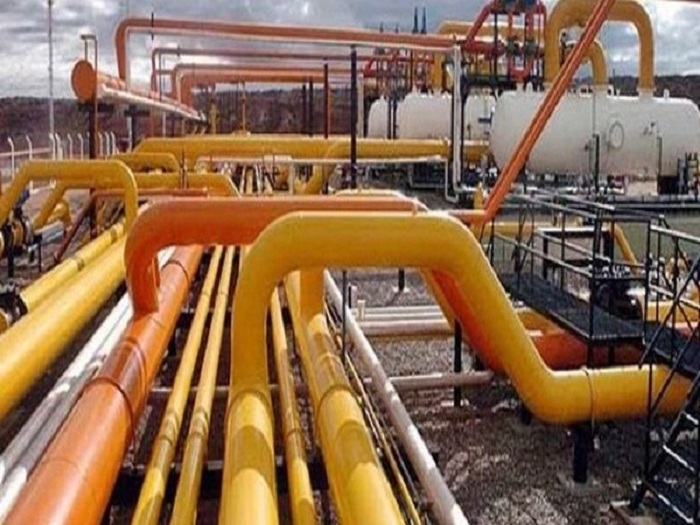
Islamabad: According to analysts, Pakistan's attempt to resolve the foreign exchange crisis by importing energy from Iran could be in danger since a militant attack near their border has thrown future deals into doubt, reported Nikkei Asia.
On May 21, five Iranian border guards along with an extremist group were killed in Saravan which is a town in Iran near the frontier with Pakistan. The incident happened following the inauguration of a 100-megawatt transmission line in a border village by Pakistani Prime Minister Shehbaz Sharif and Iranian President Ebrahim Raisi. The transmission will supply Iranian electricity to southern Pakistan's port hub of Gwadar, which has drawn investment under China's Belt and Road Initiative infrastructure push, as per Nikkei Asia.
Iran's foreign ministry slammed the "terrorist attack" as an "attempt to damage cooperation and friendly relations between Tehran and Islamabad" after the leaders' first one-on-one meeting in a decade.
Alex Vatanka, Founding Director of the Iran Program at the Washington-based Middle East Institute said, "This attack can be a huge spoiler for prospective energy deals between Iran and Pakistan."
"You cannot have economic cooperation in an environment of insecurity," he added.
A few days ago, another extremist group stormed a natural gas and oil production facility in Northwest Pakistan near the Afghan border, which killed four police and two private guards, as per Nikkei Asia.
As the country is dealing with an economic crisis punctuated with 36 percent inflation (as of April) and reduced foreign exchange reserves.
The country's forex levels have dropped to about USD 4.3 billion. It can only suffice for about one month of imports. Moreover, it is also facing USD 3.7 billion in overseas debt due this month and the USD 7 billion International Monetary Fund (IMF) bailout for the country of 230 million has stalled.
Due to its reduced supply of US dollars, Islamabad is trying to make future energy deals with Iran since it can pay them in the local currency, according to Nikkei Asia.
"Without stopping incidents like these, the energy cooperation between Pakistan and Iran will not be possible," said Przemyslaw Lesinski, an Iran expert at the War Studies Academy in Warsaw, referring to the border guard attack.
A Pakistani government official, who requested anonymity as he was not authorized to speak with media, said that Islamabad wants to formalize oil imports from Iran so it can pay for supplies in local currency. But US sanctions on Iran over its nuclear program could hold up a deal unless Islamabad can work out an agreement with Washington, as per Nikkei Asia.
"Pakistan will need a nod from the U.S. for this arrangement to go ahead," the official said.
Multiple Pakistani government officials also said that Islamabad and Tehran are in talks to resume a cross-border pipeline project that could supply 750 million cubic feet a day of Iranian natural gas to Pakistan, or about 20 percent of its needs, according to Nikkei Asia.
Pakistan has asked Washington for a waiver on any sanctions it could face for importing gas from Iran. But no decision has yet been made public, said local media reports, Nikkei Asia reported.